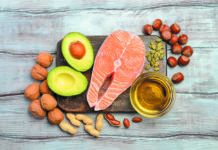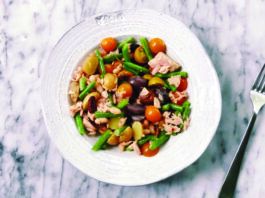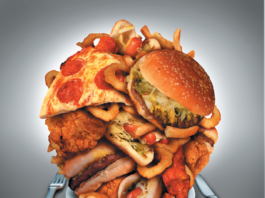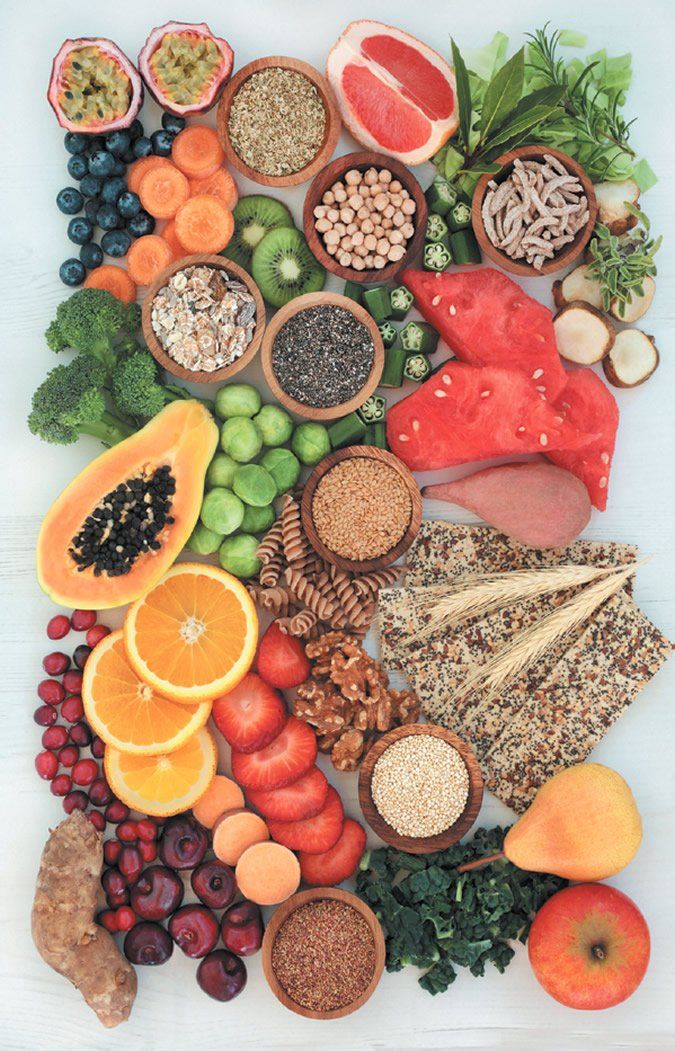Fiber and Whole Grains for Better Health
The journal The Lancet recently published a report that collected and pooled data from 185 prospective observational studies and 58 clinical trials on dietary fiber intake and human health.
More Fruits and Vegetables for Brain Health
As reported in the journal Neurology, a recent study found that highest consistent intakes of fruits and vegetables, compared to lowest intakes, were linked to better self-reported cognitive function at older ages. Over a 20-year period, 27,842 U.S. men participating in the Health Professionals Follow-Up Study completed five detailed dietary questionnaires as well as two subjective cognitive function questionnaires.
Brussels Sprouts Marinated with Sesame and Rice Wine Vinegar
If youve never tried eating raw Brussels sprouts, give this recipe a try. It also works with other thinly sliced or shredded cruciferous vegetables such as kale, cabbage, or turnips.
Q. How do I choose a healthy yogurt?
Q. How do I choose a healthy yogurt?
Q. Is there anything we can do to address rising obesity rates?
Q. Is there anything we can do to address rising obesity rates?
Q. What are the pros and cons of different cooking oils?
Q. What are the pros and cons of different cooking oils?
Mythbusting: Hydration
Water is involved in many critical bodily functions, from maintaining blood pressure and transporting nutrients to lubricating joints, digesting foods, removing waste from the body, and regulating body temperature. The human body loses fluids through sweating and urination, and, if sick, also potentially through vomiting, diarrhea, or blood loss, says Roger A. Fielding, PhD, director of the Nutrition, Exercise Physiology, and Sarcopenia Laboratory and a professor at the Friedman School of Nutrition Science and Policy.
Plant-Based and Unhealthy?
Experts agree plants should make up a large part of a healthy dietary pattern. Humans eat plant roots (carrots and radishes), stems (asparagus and celery), leaves (leafy greens), seeds (including whole grains), flowers (broccoli, cauliflower, artichoke), and the seed-bearing fruits of plants (including fruits, vegetables, beans, and nuts).
Personalized Nutrition
There is evidence that people respond differently to foods or nutrients depending on genetics and other factors, such as the make-up of their gut microbiome. While dietary guidance, such as the Dietary Guidelines for Americans, is designed as a public health tool to impact the health of the population as a whole, the frontier of nutrition science brings us the concept that dietary advice can be adjusted to take individual biological differences into account.
What’s So Special About Cruciferous Vegetables?
You may be surprised to learn that kale and broccoli are cousins. They are part of the Brassica family, also known as cruciferous vegetables because their flower petals form the shape of a cross (cruciferae is Latin for cross-bearing).



































